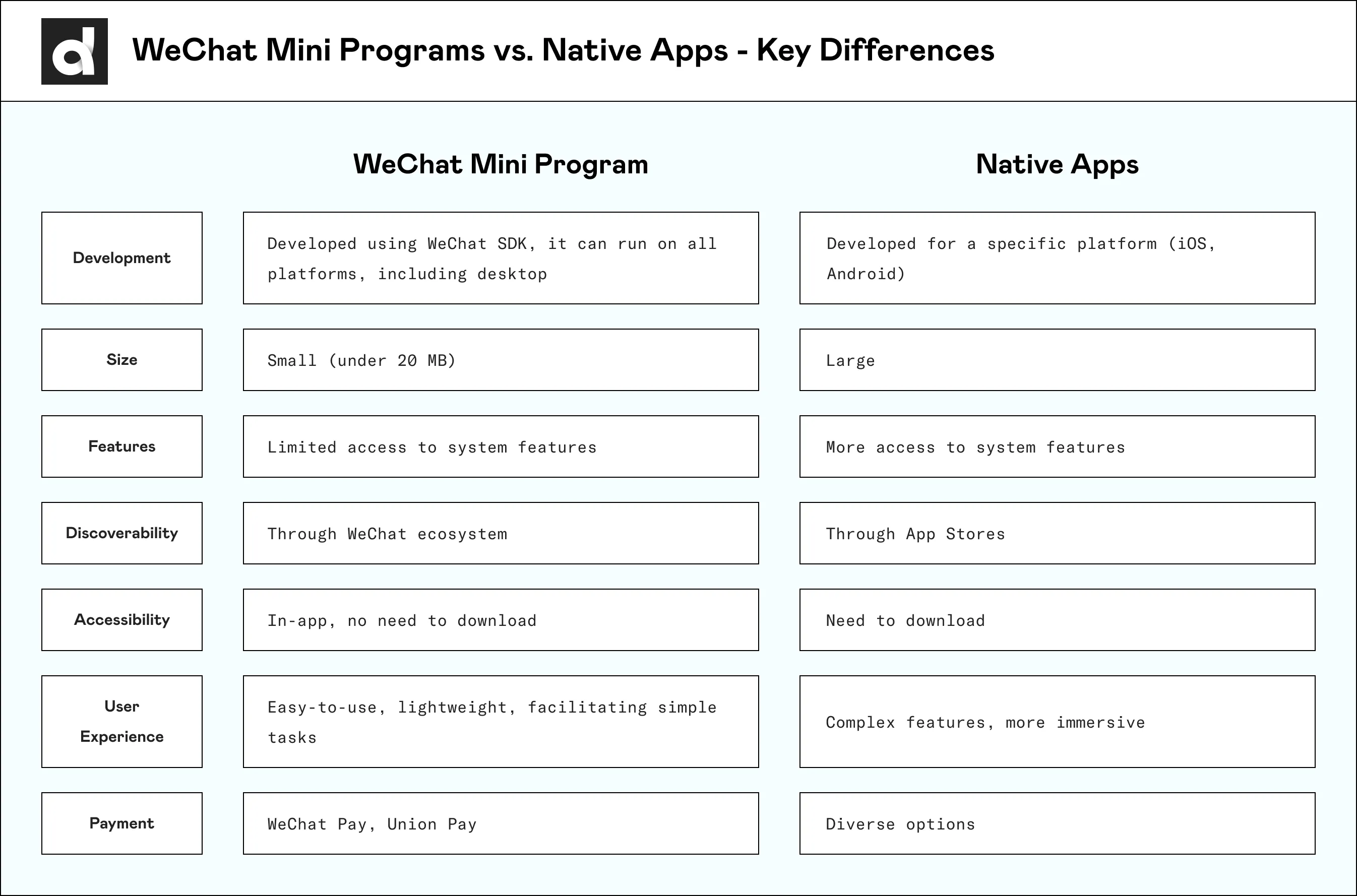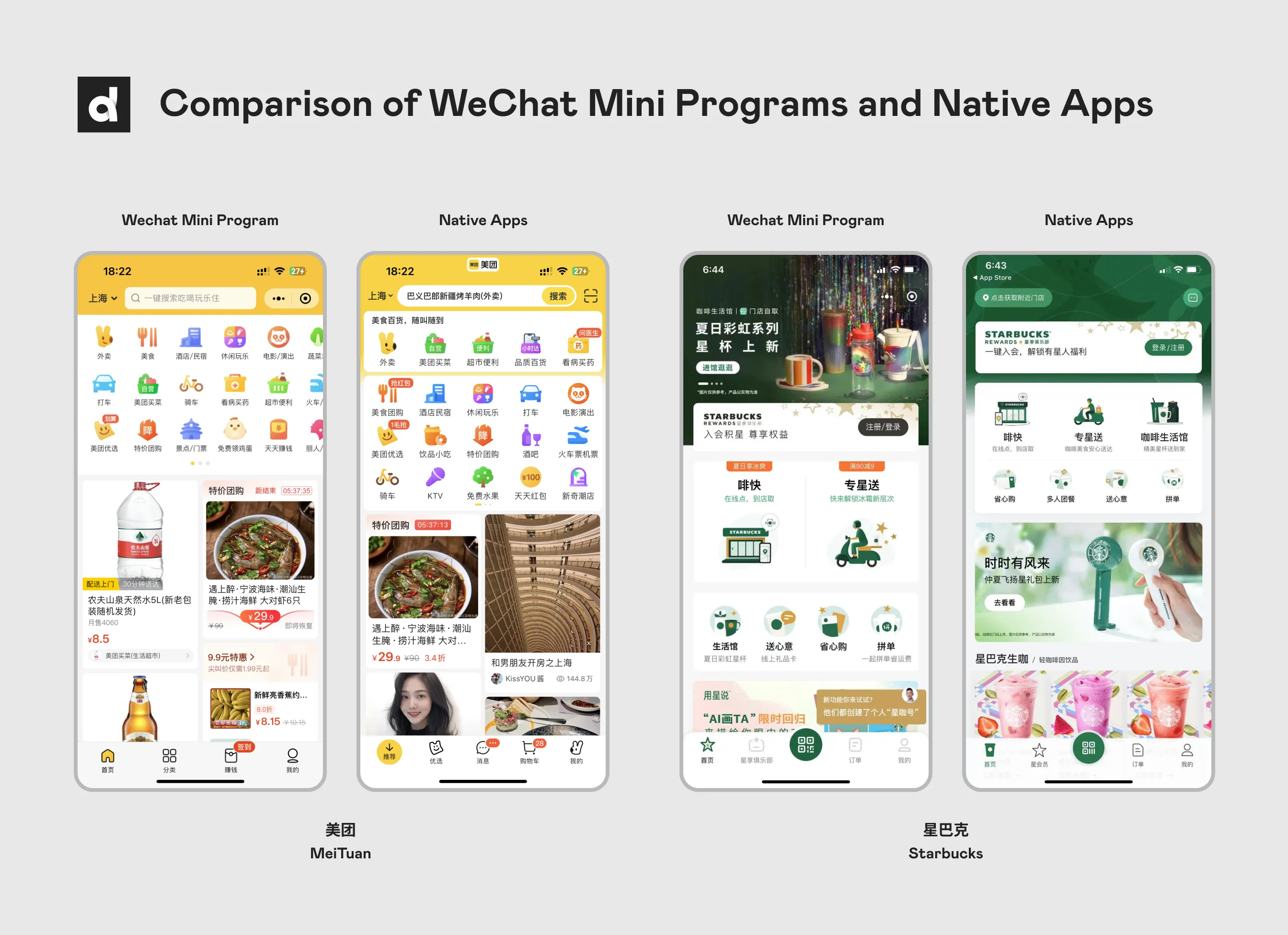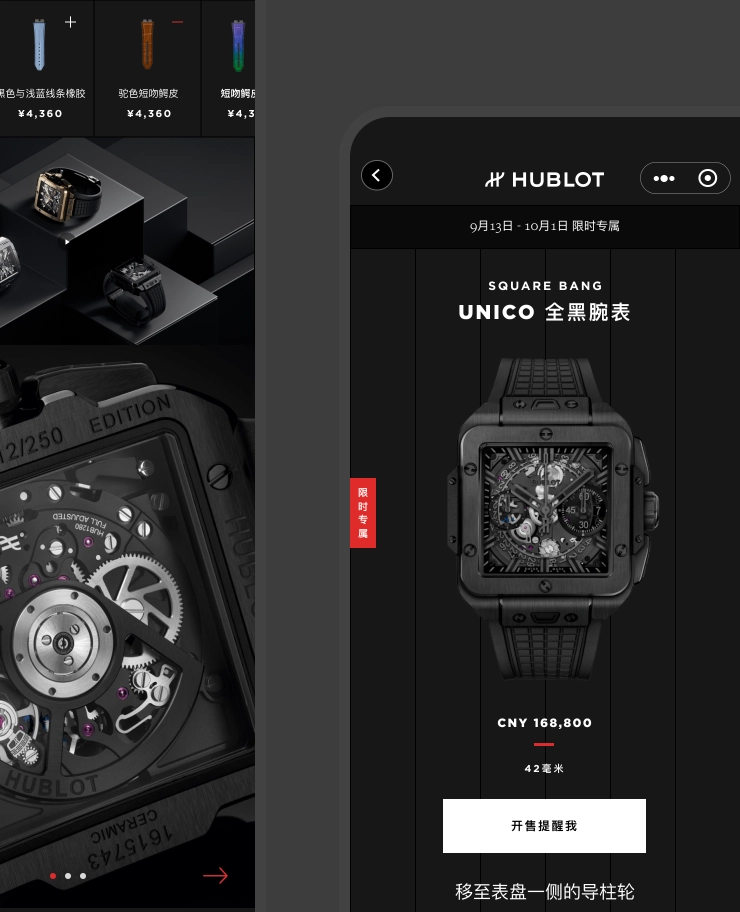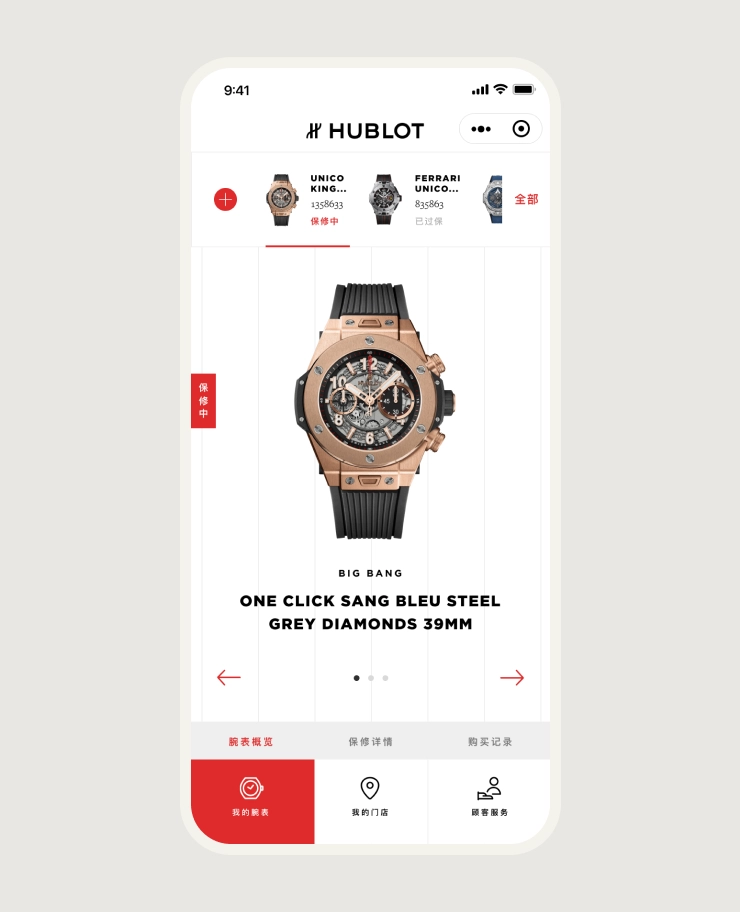The Ultimate Choice: Pros and Cons of WeChat Mini Programs vs. Native Apps
July 3rd, 2023 · Written by Samuel Jesse

In today's rapidly evolving digital landscape, businesses seeking success in China are faced with a critical decision: choosing between WeChat Mini Programs and native apps. This decision can significantly impact their online presence and customer engagement.
Understanding the differences between these platforms is essential for making an informed choice that aligns with your business goals. Our colleagues at UXSpot ran a series of focus group interviews at the user research facility in Shanghai, gathering insights through interactive exercises, comparisons, card sorting, and deep-dive discussions uncovering Why and when users like to use WeChat mini-programs.
Using the independent research from UXSpot and adding the perspective of our mobile app developers, we will explore the pros and cons of WeChat Mini Programs and native apps. As trends in app usage among smartphone users in China continue to change, it calls for a careful evaluation of the strengths and weaknesses of each approach. Join us as we thoroughly analyze WeChat Mini Programs and native apps, uncovering the advantages, drawbacks, and everything in between. Get ready for an insightful exploration that will help you make the ultimate choice for your digital strategy.
Battle of the Apps: How It All Began
Introduced by its parent company Tencent in 2011, WeChat emerged as a prominent Chinese social messaging app. Initially focusing on its core functionalities as a messenger, WeChat expanded its features to include voice messaging, group messaging, photo and video sharing, and the revolutionary WeChat Pay.
This integration of services within the platform showcased WeChat's ability to seamlessly blend online and offline experiences, creating a robust ecosystem. In 2017, WeChat Mini Programs were introduced, allowing third-party developers to offer lightweight apps to WeChat's extensive user base.
This development arrived at a crucial time when mobile app developers faced challenges positioning their apps competitively on established app stores like Apple's App Store and Google's Play Store. The introduction of Mini Programs brought about technological transformations within the Chinese mobile ecosystem, reshaping how people perceive and engage with their mobile devices. MPs swiftly became an integral part of people's daily lives, so much so that they have become the standard approach to accomplishing tasks from the user's perspective.
Today, comparing WeChat Mini Programs to native apps is like pitting two heavyweight fighters against each other, each with their unique style and purpose. These contenders may share the same arena, but they have different pursuits in mind.
Need a WeChat mini program?
From seamless integration to intuitive UX, Digital Creative's mini-program development services ensure your WeChat presence shines.
What are the Differences between WeChat Mini Programs and Native Apps?
There are some key differences between the two that are worth looking into:

Development Process
WeChat Mini Programs: Streamlined Creation
-
WeChat Development Tools: WeChat provides developers with a comprehensive set of tools and documentation to create Mini Programs efficiently.
-
Integrated Framework: Developers can utilize APIs and libraries provided by WeChat to build Mini Programs using WXML and WXSS – similar to HTML and CSS, but specific to WeChat Mini Programs
-
Speed and Efficiency: WeChat Mini Programs' development process is generally faster than native apps, as developers can leverage existing resources and templates.
Native Apps: Complete Customization
-
Platform-Specific Development: Native apps require developers with expertise in platform-specific languages such as Swift for iOS or Java/Kotlin for Android.
-
Complete Customization: Native app development allows the app to tailor every aspect to meet specific requirements and design preferences.
-
Integration Challenges: Native app development often involves more complex integrations with external services, which can extend the development timeline.
Size
WeChat Mini Programs: Compact and Efficient
-
Designed to be lightweight: Small file size of just under 20MB (excluding pictures, videos, and sounds hosted on the Tencent server) enables faster loading and launch times. This compact size is achieved by utilizing the available resources within the WeChat ecosystem, reducing the need for additional downloads or installations.
-
Provide Efficient Device Storage Management: WeChat Mini Programs occupy minimal storage, allowing users to access many applications without worrying about excessive memory consumption.
-
Limited functionality: If an application requires extensive processing power, access to specific hardware features, or complex functionalities, a native app would be a more suitable choice.
Native Apps: Larger Size and Advanced Functionality
-
Comprehensive Functionalities and Independent Infrastructure: Native apps can utilize the full capabilities of the device's hardware and operating system, allowing for more sophisticated features and enhanced user experiences.
-
Require Additional Time, Data Usage, and Storage: Native apps require users to download and install the entire application package from app stores. They can consume significant storage space, especially for apps with extensive features or multimedia content.
Discoverability, Market Reach, and User Base
WeChat Mini Programs: Expanding Reach within WeChat's Ecosystem
-
Large User Base: WeChat boasts a massive user base of over a billion monthly active users, presenting significant potential reach for businesses using Mini Programs.
-
Limited Discoverability: Unless shared by friends, offline through QR Codes, uncovering new MPs without prior brand awareness is limited.
-
Multiple Entry Points: Tencent has addressed somewhat limited discoverability by opening up many entry points for accessibility. Currently, over 60 entry points are available, with social sharing, Official Accounts, offline QR codes, and direct search in the Mini Program directory being the most common entry methods.
-
Geographical Limitations: While WeChat is prevalent in China, the usage and popularity of WeChat Mini Programs may vary in other regions.
Native Apps: Global Market Penetration
-
Platform Diversity: Native apps can target users across different operating systems and app stores, such as iOS App Store and Google Play Store, allowing for a more extensive international market reach.
-
Brand Recognition: Having a standalone native app presence can contribute to building brand recognition and loyalty.
-
Marketing and Promotion: Native apps can be marketed independently using various channels, such as social media, app store optimization, and search engine marketing.
User Engagement and Retention
WeChat Mini Programs: Convenience and Accessibility
-
Instant Access: WeChat Mini Programs eliminate the friction of downloading and installing apps, making them easily accessible to users.
-
Seamless Integration: Mini Programs integrate with WeChat's social features, enabling users to share, discuss, and engage with their contacts within the WeChat ecosystem.
-
Not as immersive: Native apps can access the user's device hardware, such as the camera and microphone, which allows them to provide a more immersive experience. Mini programs cannot do this, so they might not be as engaging for users.
Native Apps: Personalized and Engaging Experiences
-
Push Notifications: Native apps can leverage push notifications to deliver personalized and timely updates to users, encouraging re-engagement.
-
Enhanced Interactivity: Native apps can offer more interactive features, such as augmented reality (AR), virtual reality (VR), and gesture controls, providing immersive experiences.
-
User Retention Strategies: Native apps allow businesses to implement more complex loyalty programs, personalized content, and in-app gamification to enhance user retention.
Cost Considerations
In general, WeChat mini-programs are significantly cheaper to develop than native apps.
Native apps often come with high development costs due to complex development processes, platform incompatibility, revenue-sharing with app stores, and high maintenance expenses.
WeChat mini-programs offer a more cost-effective alternative. Integrating within WeChat eliminates many of these cost factors, making it easier for developers to enter the market, reduce time-to-release, gather customer feedback faster, and streamline maintenance processes.
While a WeChat Mini Program offers a simple and convenient solution, native apps aim to be the Jack-of-all-trades, providing a wide array of functionalities and aiming for long-term engagement.

Answer These Questions to Decide Which Solution Fits Your Objectives Better
- Who is my target audience?
Consider your target audience and their usage patterns. If your target audience is predominantly Chinese and actively uses WeChat, developing a WeChat Mini Program can provide direct access to your audience without needing separate app installation. On the other hand, if your target audience is more diverse and spread across different regions, a native app might be a better choice to cater to a broader user base.
-
What features and functionality do I require?
(Does a WeChat mini program provide enough functionality for my audience to achieve their goal successfully?)
Evaluate the functionality and features you require for your brand. WeChat Mini Programs are suitable for relatively simpler applications that do not require extensive access to device-specific features. They are ideal for providing specific services, e-commerce experiences, utility functions, or content consumption within the WeChat ecosystem. If your brand requires advanced device capabilities, offline functionality, or more complex features, a native app will offer more flexibility and access to the device's hardware and software capabilities.
- What is the expected user experience?
Consider the desired user experience for your brand. Native apps provide more control over the user interface, performance optimization, and customization options. They can deliver a richer and more immersive user experience, leveraging device-specific features and providing seamless interactions. WeChat Mini Programs offer a lightweight and streamlined experience within the app, integrating with WeChat's features and APIs.
- How will the application be discovered and marketed?
Consider your brand's marketing channels and how you can leverage the respective distribution channels for maximum visibility and reach.
WeChat Mini Programs benefit from the large user base within the WeChat ecosystem and the potential for organic discovery through sharing and recommendations. Native apps rely on app store distribution and require separate marketing efforts to drive downloads and user engagement.
- What is my budget and resource availability?
Developing a native app typically requires separate development teams and ongoing maintenance efforts for multiple platforms. WeChat Mini Programs can potentially reduce costs and streamline development by leveraging web technologies.
To Sum It Up:
In conclusion, when deciding between WeChat Mini Programs and native apps, weighing the pros and cons to make an informed choice that aligns with your brand's goals and target audience is essential.
WeChat Mini Programs offer the advantages of seamless integration within WeChat, broader user reach, and simplified access. On the other hand, native apps provide greater flexibility, advanced functionalities, and a more tailored user experience. However, it's important to remember that the ultimate solution may not be an either-or scenario.
At Digital Creative, we provide comprehensive digital solutions tailored to your brand needs. Whether you need a powerful WeChat Mini Program or a captivating native app, our expert team ensures optimal engagement and growth in your target market in China and globally. Schedule a consultation with us today and explore the boundless possibilities of WeChat Mini Programs and native apps with Digital Creative at your side.
Have a project in mind?
Join our newsletter!
Get valuable insights on the latest digital trends, strategies, and developments in China and globally delivered straight to your inbox.

